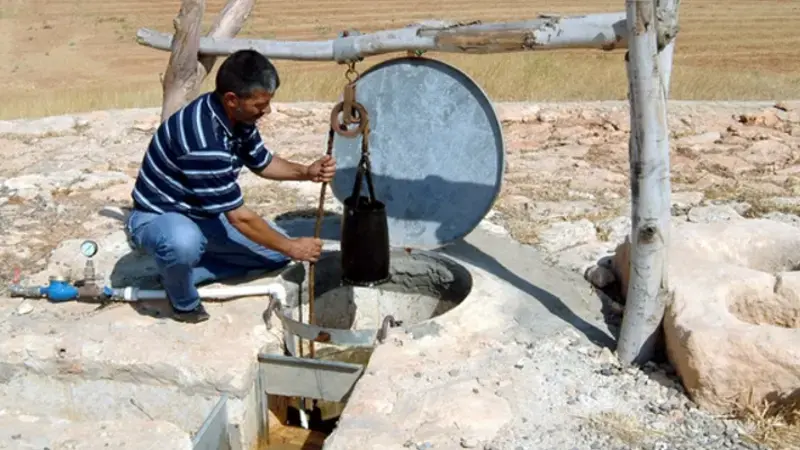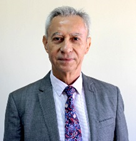SMART WATER MANAGEMENT – HOW A DROP OF DATA GOES A LONG WAY

The effects of ever-strengthening climate change are felt most keenly in the dry areas of the Middle East and North Africa (MENA) region. What little water exists is increasingly less available for a burgeoning population expected to substantially increase in the coming decades. Managing water resources across dryland regions for increased agricultural productivity is a key challenge for the 21st century, but one that ICARDA is meeting head on. In fact, our 40-year experience across the diverse agroecosystems of global dry areas, places ICARDA at the heart of efficient water resource management.
As a science and research-led organization, ICARDA collect data from a wide range of official sources including its own scientific teams, research projects, and peer-reviewed published journals, so that we can provide extensive and in-depth datasets, such as those provided by the Near East and North Africa (NENA) Regional Network for actual field measurements of evapotranspiration (NENA-ETNet). Led by ICARDA and part of the wider FAO-led Water Scarcity Initiative (WSI), the NENA-ETNet reaches across four distinct agroecological systems of the region – rainfed, irrigated, agro-silvo-pastoral and desert – building capacity for water resource planning, management and monitoring, efficient irrigation scheduling and, as we look to the future, climate change impact-mitigation strategies.
Each of these agroecological zones have unique challenges related to climate change and variability, and all are experiencing increasing water scarcity. It is vital that ICARDA closely tracks the strengthening and management of water systems implemented in its projects, through cutting-edge monitoring and evaluation frameworks and data depositories, such as MEL, an award-winning online platform for organizations, programs and projects to plan, manage, monitor, evaluate, report and share their activities and results. Our data is disseminated rapidly to those who need it most, such as smallholder farmers and in-country national agricultural research systems (NARS) partners with whom we have long-standing relationships, helping make informed decisions when and where it counts.
ICARDA’s focus isn’t exclusively on water management. From a crop perspective, barley, for which ICARDA holds the FAO global mandate, is considered one of the most resilient crops, and often the only one that can be grown in marginal dry areas, making it nutritionally crucial for both livestock and farming communities. Barley is the fourth most important crop globally after maize, rice and wheat. ICARDA’s extensive gene banks include researched, tested and proven abiotic stress and disease-resistant barley accessions. This germplasm has been routinely used by ICARDA breeders and through the DIIVA-PR program across dryland areas, we are testing elite germplasm, bred using wild relatives from our gene bank, conferring increased tolerance to drought, heat and productivity in harsh environments.
Bringing together tools to monitor and evaluate water management projects means that crucial data can be harvested along with the climate tolerant crops. Our work on the ETNet and with barley has the potential to reach more countries, and so too does the technology and production methodology that has been developed alongside it, with a view to being scaled up globally.
As the effects of climate change and variability increase, so too will the need for effective water monitoring and measurement, as well as suitable crops and innovative methods, requiring us to react quickly and specifically to the growing needs of the people who work and live in these regions. As the only CGIAR Center headquartered in the global non-tropical dry areas, we have the privilege of being at the forefront of this work to witness first-hand the solid return on investment that funding makes. It starts with a drop, but through the generous support of our donors and partners, ICARDA can help dryland communities weather the climate-induced winds of change.
About the Author:
Dr. Pasquale Steduto has worked for more than 25 years on agricultural water use efficiency and water productivity, with a focus of crops water requirements, their yield response to water and associate modeling development under water scarcity conditions. Author of over 100 publications in scientific journals and books he has worked for FAO as Chief of the Water Resources, Development and Management Service, Regional Programmes Leader and Delivery Manager of the Regional Water Scarcity Initiative for the Near East and North Africa. He is presently an independent Senior Water Advisor.

